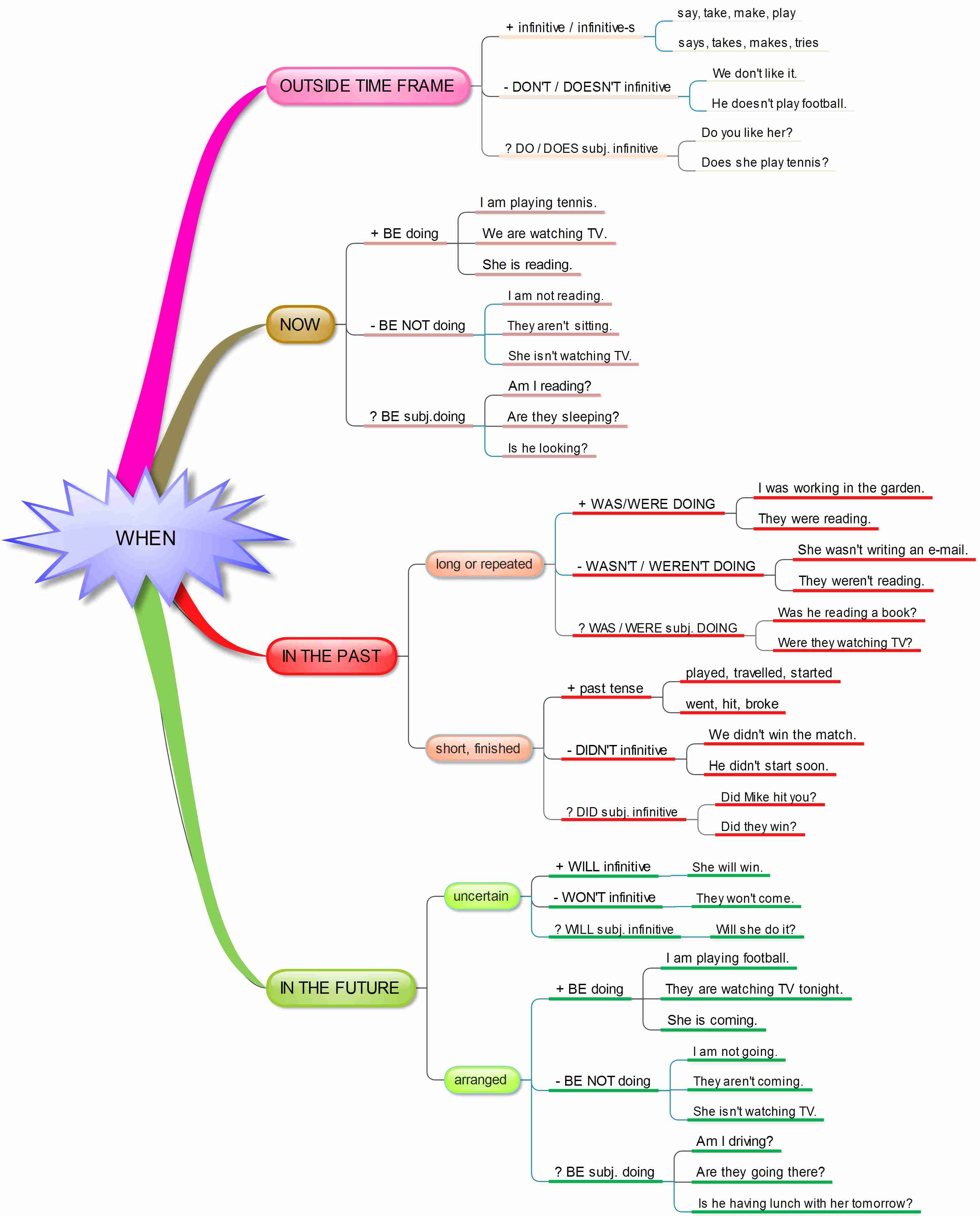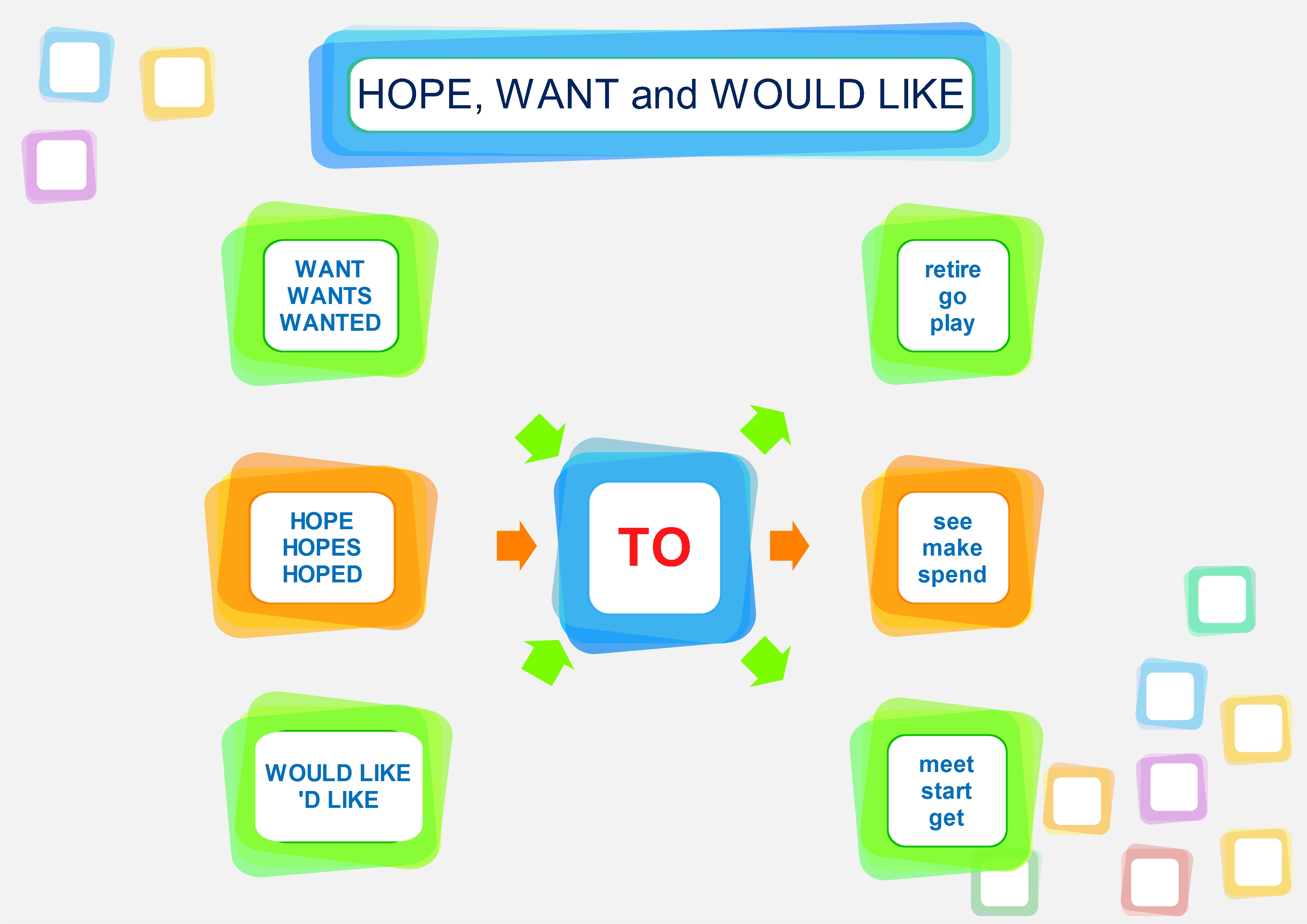Six different tenses in English
Students often learn just one piece of grammar in a lesson. Most of them master that day’s subject and move on to the next. But, when the time for revision comes, they often don’t remember what they’ve learnt. For example, two weeks ago my class encountered an exercise in which several tenses were revised. First,…


